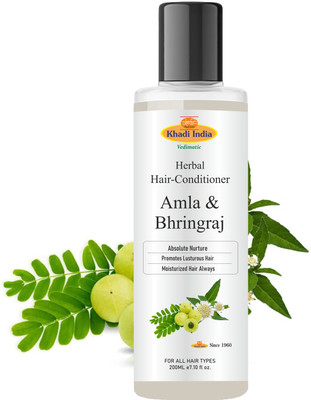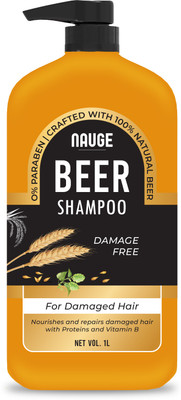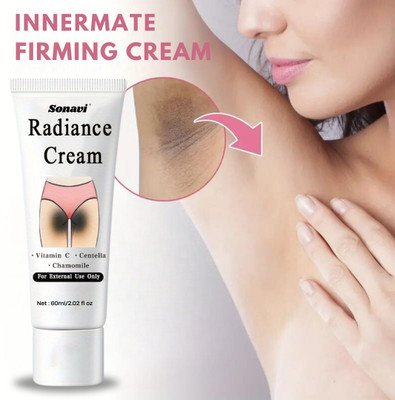
DIAM beauty Sunscreen - SPF 50++++ PA+++ Beauty of korean sun cream Rice sun protection spf50 skin care 50ml (50 ml)
Share
DIAM beauty Sunscreen - SPF 50++++ PA+++ Beauty of korean sun cream Rice sun protection spf50 skin care 50ml (50 ml)
Be the first to Review this product
Special price
₹995
₹1,799
44% off
@1990/100ml
Available offers
T&C
T&C
T&C
T&C
Delivery
Check
Enter pincode
Delivery by29 Jul, Tuesday
?
if ordered before 4:59 AM
View Details
Highlights
- For Men & Women
- Cream Form
- PA+++
Services
- Cash on Delivery available?
Seller
Description
Sunscreen is a topical product that protects your skin from the harmful effects of ultraviolet (UV) radiation from the sun. It works by either absorbing, reflecting, or scattering UV rays, thus reducing their penetration into the skin and preventing damage. Sunscreen is crucial for preventing sunburn, premature aging, and reducing the risk of skin cancer.
Here's a more detailed explanation:
What it does:
Protects against UV radiation:
Sunscreens are designed to shield your skin from the damaging effects of UVA and UVB rays, which are known to cause sunburn, premature aging, and skin cancer.
Forms a barrier:
Sunscreens act as a barrier on your skin, either absorbing, reflecting, or scattering UV radiation before it can penetrate the skin.
Reduces damage:
By blocking UV rays, sunscreens help prevent sunburn, minimize DNA damage, and reduce the risk of developing skin cancer.
Improves skin health:
Regular use of sunscreen can help prevent premature aging, such as wrinkles and leathery skin.
How it works:
Mineral sunscreens:
These contain ingredients like zinc oxide and titanium dioxide that create a physical barrier on the skin, reflecting and scattering UV rays.
Chemical sunscreens:
These absorb UV radiation and convert it into heat, which is then released from the skin.
Key features:
Broad spectrum protection: Look for sunscreens that protect against both UVA and UVB rays.
SPF rating: The Sun Protection Factor (SPF) indicates the level of protection against UVB radiation.
Water resistance: Choose water-resistant or waterproof sunscreens if you plan to swim or sweat.
Important considerations:
Apply generously: Make sure to apply enough sunscreen to cover all exposed skin.
Reapply frequently: Reapply sunscreen at least every two hours, or more often if you are swimming or sweating.
Use sunscreen daily: Even on cloudy days, UV rays can still damage your skin.
Read More
Specifications
In The Box
| Pack of |
|
General
| Brand |
|
| Model Name |
|
| Quantity |
|
| PA Rating |
|
| SPF Rating |
|
| Formulation |
|
| Ideal For |
|
| Net Quantity |
|
Be the first one to rate
Be the first to ask about this product
Safe and Secure Payments.Easy returns.100% Authentic products.
Back to top











